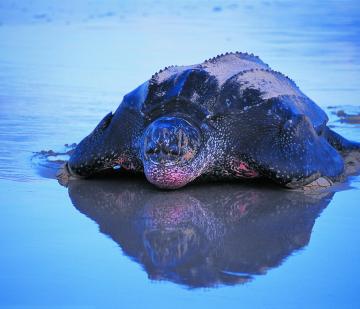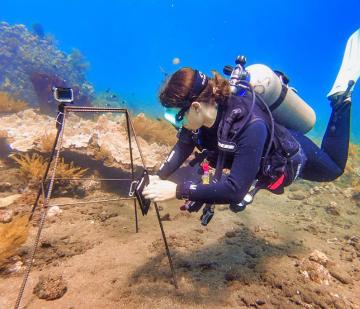BOOK WITH A $500 DEPOSIT
Wetlands, Communities, and Wildlife in Rwanda
Trek to Central Africa's largest protected wetland complex and collaborate with scientists to revitalize Akagera National Park. Your participation will contribute to critical research and community-led conservation initiatives in Rwanda.
Akagera National Park stands as Central Africa's largest protected wetland complex and a testament to Rwanda's dedication to conservation and environmental restoration. Since its partnership with African Parks in 2010, Akagera has undergone a remarkable transformation. Comprehensive restoration strategies and government support have improved ongoing restoration within the park, which filters about 70% of national fresh water and is the last protected refuge for savannah-adapted species in Rwanda.
Home to an array of wildlife, including 900 floral, 89 mammal, 36 reptilian, and 485 bird species, Akagera's revival is a testament to what dedicated conservation work can achieve. The successful reintroduction of key species marks a new era for Akagera, showcasing the resilience and potential of this ecosystem. Akagera's innovative management approach also serves as a model for community engagement, benefiting around 500,000 residents. Despite these achievements, ongoing scientific research is needed to guide future conservation efforts, community initiatives, and policy formulation.
This expedition allows Earthwatch participants to contribute to critical research to close knowledge gaps within Akagera National Park. Together with scientists and Africa-based graduate students, you will monitor biodiversity, evaluate ecosystem health, and support the park's role in promoting sustainable use of natural resources through community-driven enterprise. Your participation empowers a conservation blueprint that can guide similar initiatives in Rwanda and beyond.
.
A Typical Itinerary
- Day 1: Arrival and travel to Shakani campsite in Akagera National Park.
- Day 2: Game drive orientation, safety briefings, and training.
- Day 3–6: Field and research activities, depending on the season.
- Day 7: Recreational day. Participants can rest or take an optional community center tour, including a visit to the tilapia fish farm, buffer zone honey co-operative, mushroom growing co-operative, native plant nursery, and chicken farm.
- Day 8–10: Field and research activities, depending on the season.
- Day 11: Final research activities, debrief, and recreational afternoon.
- Day 12: Departure
.
HOW YOU WILL HELP
.
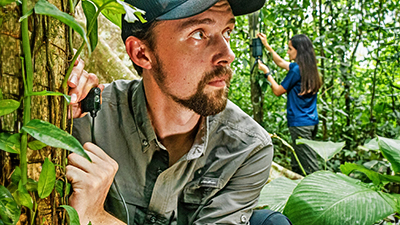
Perform wildlife and vegetation transect surveys
Expand scientists' understanding of the area's terrestrial ecology to better protect, restore, and manage key habitats and species.
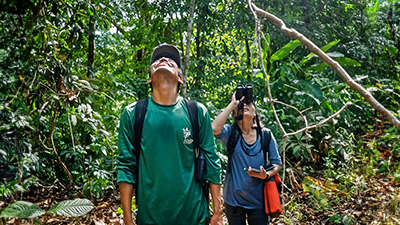
Collect data about fish communities and aquatic health
Collect detailed data on fish species and sustainable fisheries to support wetland ecosystem conservation, biodiversity, and aquatic health.
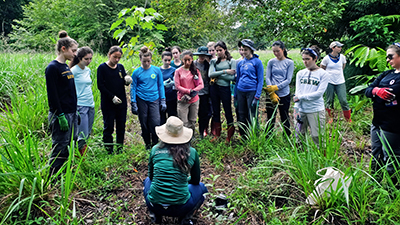
Support future community-driven enterprise
Study natural resource access and conservation conflict management to strengthen community-driven cooperatives such as aquaculture, tree nurseries, mushroom farming, and more.
Field conditions and research needs can change the itinerary and activities. We appreciate your cooperation and understanding.
.
FEEDBACK & QUESTIONS
GET EARTHWATCH NEWSLETTER
Bi-weekly announcements, new expeditions, and updates on our impact around the globe.
.
.
.
